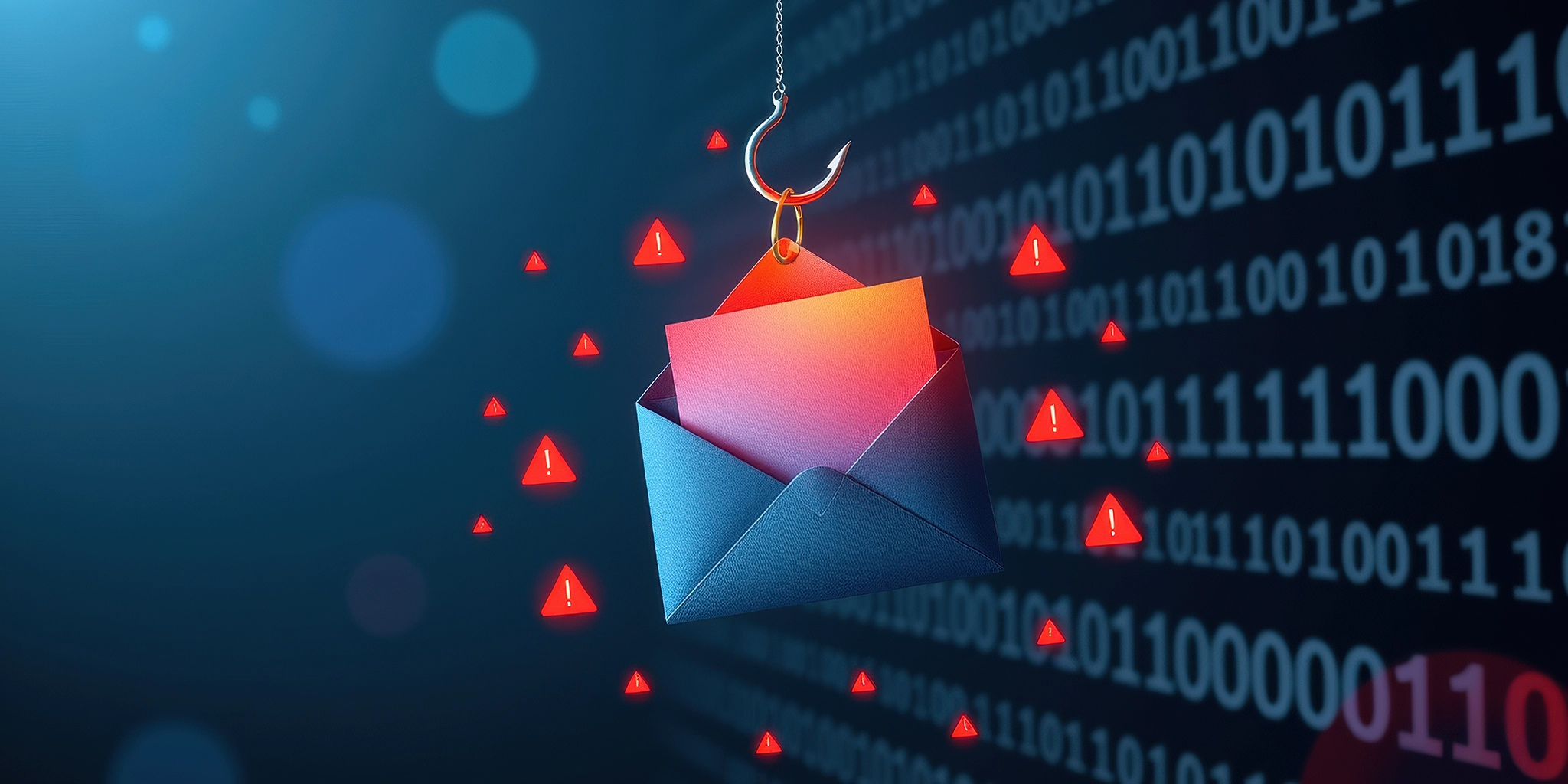It is an unsettling experience: a suspicious email lands in your inbox, but instead of the usual generic greeting, it addresses you by your name or mentions your company. This is not just an unlucky coincidence; it is often one of the first signs that you are the target of a deliberate cyber attack. While it might be tempting to dismiss these emails as random spam, our experience shows this is frequently the beginning, not the end, of a series of cyber threats.
Many business leaders might choose to ignore these warnings, believing their organisation is not a target. However, a significant number of companies that observe these targeted phishing attempts experience a more serious cyber incident or a near miss within the following year. The consequences of such incidents can be devastating, leading to significant financial loss, reputational damage, and in some cases, the complete closure of the business. We have seen this happen to established companies, serving as a stark reminder that no one is immune.
For instance, KNP Logistics, a transport company with a 158-year history, was forced to cease operations after a ransomware attack. The cybercriminals gained access to their systems by guessing an employee’s weak password, which led to the encryption of critical data and a ransom demand the company could not meet. The attack ultimately resulted in the loss of 700 jobs and the end of a business that had spanned generations.
In another example, Sydney-based hedge fund Levitas Capital was forced to close down after a cyber attack initiated by a fake Zoom invite phishing email. When one of the co-founders clicked on the malicious link, malware was installed on their network, allowing attackers to gain control of the email system. The criminals then sent fraudulent invoices, leading to a significant financial loss. The reputational damage from the incident caused their largest institutional client to withdraw a planned investment, which ultimately led to the company’s collapse.
The First Step in a Targeted Campaign
When cyber criminals use your name or your company’s name in a phishing email, it indicates they have done their research. They have moved beyond generic, mass-mailed attacks and are now focusing their efforts specifically on you, your employees, and your business. Their goal is to trick you into revealing sensitive information, such as passwords or financial details, or to deploy malicious software like ransomware onto your network.
Ignoring these initial attempts can be a costly mistake. It is often the precursor to a larger, more sophisticated attack. Businesses that adopt a reactive stance, believing “it will not happen to us” or relying on inexperienced staff for their cyber security, often find themselves contacting experts after a major breach has already occurred.
How to Strengthen Your Defences
The moment you identify these sophisticated phishing emails, it is crucial to take proactive steps to secure your organisation. Waiting until after an incident is far more stressful and damaging. Consider implementing the following security measures to build a stronger defence:
- Implement Secure Multi-Factor Authentication (MFA): Many default MFA options, like simple mobile app notifications, may not offer sufficient protection against determined attackers. It is advisable to explore more robust MFA solutions that provide a higher level of security.
- Secure Your Cloud Services: Review and tighten the security settings for your cloud platforms, such as Office 365 or Google Workspace. These platforms are common targets, and configuring them correctly can help to prevent unauthorised access.
- Lock Down Your Devices: Ensure that all company devices, including laptops and mobile phones, are properly secured. This includes keeping software up to date, using endpoint protection, and enforcing strong access controls.
Successful and resilient businesses understand that investing in cyber security is not just a cost but a competitive advantage. It builds trust with clients and allows you to operate with confidence, while competitors may find themselves struggling to recover from one cyber incident after another.
How Vertex Can Help
If you have noticed these warning signs, it is time to act.
Contact Vertex today for a conversation. We can provide you with valuable insights and practical tips to help you understand your risks and help implement the necessary steps to protect your business.

